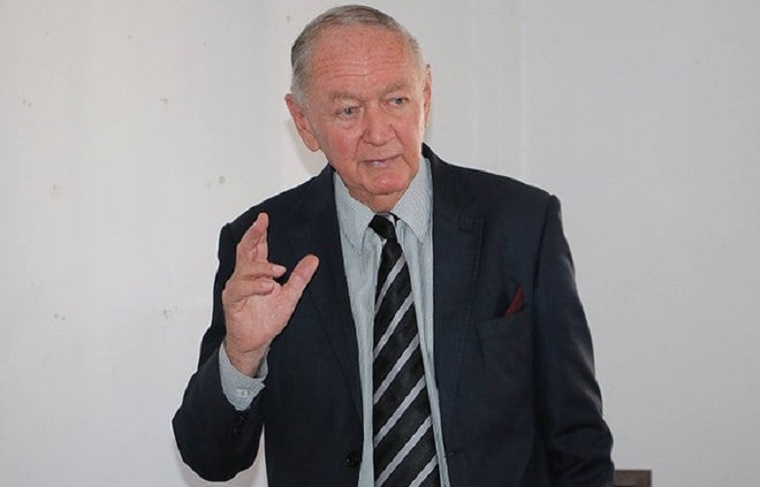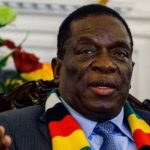Lessons from War
It’s no surprise to me that the Chinese business Community uses a military handbook from the early years of Chinese history as a manual for Chinese business practice in the 21st Century. We fought a guerrilla war for the Independence of Zimbabwe from about 1962 to 1980. Many of us found ourselves in some form of uniform holding a gun. As individuals we learned many things from that experience and I want to remember some of these things and apply those lessons to the struggles we find ourselves locked into today.
The first was how war levelled us in the field. It did not matter who you were or what position you held in civilian life, in the battle lines we were all one. Black, white, rich or poor, war is a great leveller and creates an environment where the only thing that matters is how you react under fire. That is why the Second World War spurred the flag of freedom throughout the world as black and Indian soldiers came back from conflict knowing they were no less human than the white man. In many ways out of that conflict came the struggle for Independence and dignity.
I remember a meeting addressed by Ndabaningi Sithole in Harare in 1974 when he recounted how nervous he was when he first flew in an Executive Jet sent for him by President Kaunda and found it had an all black crew. In the meeting he was asked by an elderly Pastor ‘what does a young man need to learn to be a pilot?’ I will never forget his answer ‘Mdala’ he replied ‘Independence!’ One word and it said it all; only the struggle would bring freedom to be who we are as individuals.
The second lesson for me is one that I use frequently today to explain why I refuse to be defeatist or pessimistic about our situation or our future. It is quite simple really, I think I have a little influence in my society and community and as such I have a responsibility to not only believe in what I am doing but to commit myself to achieving those goals. Who on earth would go into a fight with a Stick of Commando’s under a leader who did not believe in what they were doing or that they were going to do their best, no matter what. No one would, if they did they would be crazy.
That is why all war situations create opportunity for amazing acts of courage and ingenuity which overcome seemingly impossible odds. It is the collective effort of countless such acts that bring victory and peace. In many ways we can all be proud of what our men and women did in war. War is almost always the responsibility of stupid political decisions but it is how we act in response to being drawn into a conflict that is not of our making, that makes the difference.
In Berlin, Germany, there is a memorial to the German soldier in the Second World War. It is not well known but I have been there and watched as German families, most of whom were born after the war was ended, came to remember uncles, grandfathers and others who fought for Germany. It was deeply moving, and every day – even now, 75 years later, the Municipality has to haul away a truck load of flowers. We may not like to think so but the German soldier was one of the most amazing features of German Nazi madness.
I have also been to the Memorial in Washington to the 53 000 men and women who died in the Viet Nam War. Like the memorial in Berlin this is a deeply moving place and watching ordinary Americans lining up to feel the names on that long black wall, even now, so many years later, makes us remember men and women who gave their lives for a cause they believed in. Did not succeed, but the heroism and sacrifice is remembered.
I think we as a Nation need to sponsor memorials to all who were engaged in our war – the Rhodesian Army and Police, the Airforce and the Zipra and Zanla armed forces. We should allow families to sponsor the names of loved ones who gave their all in a fight they all believed in. Not just the victors. I can well remember attending a Service in the Chapel at Plumtree school a few years ago where the Head Boy read out the role of honour mentioning the names of every Plumtree school boy who had lost his life in a battle somewhere, Europe, Malaysia, Zimbabwe. All 600 boys, all black, all born well after the war standing. It was deeply moving. Most white families would find such a memorial a healing experience and somehow we need that as a country.
Continued next page
(195 VIEWS)

